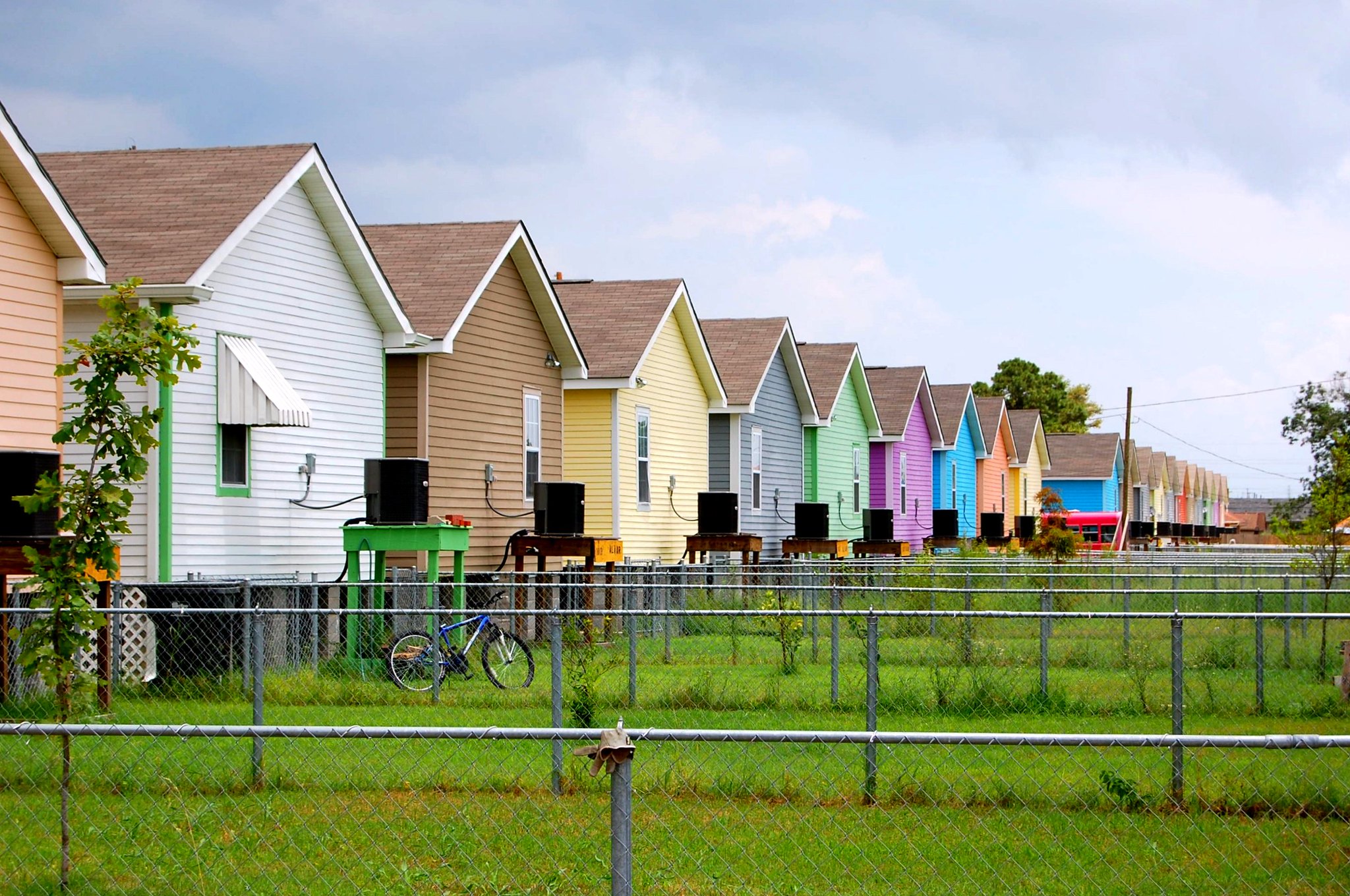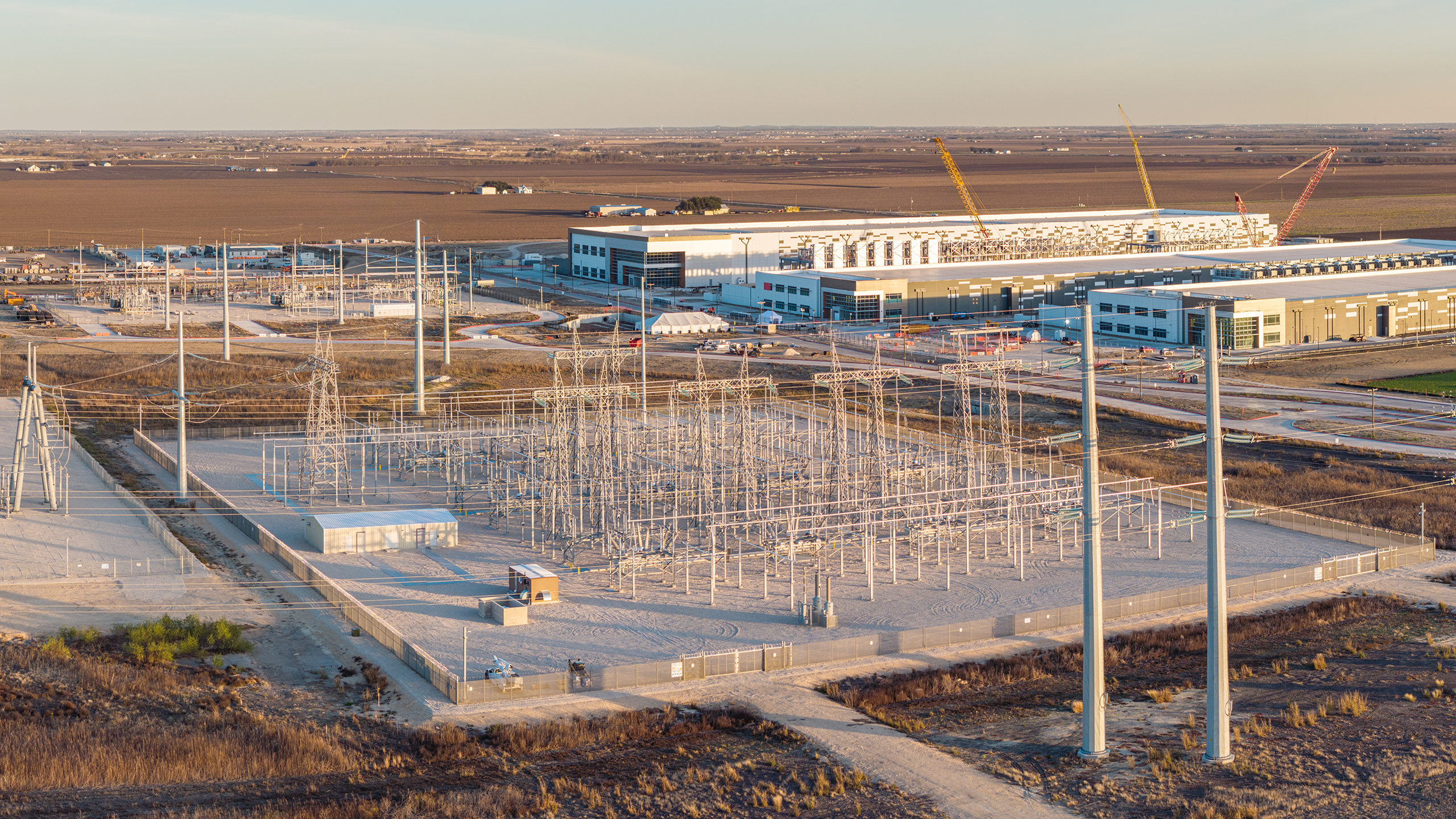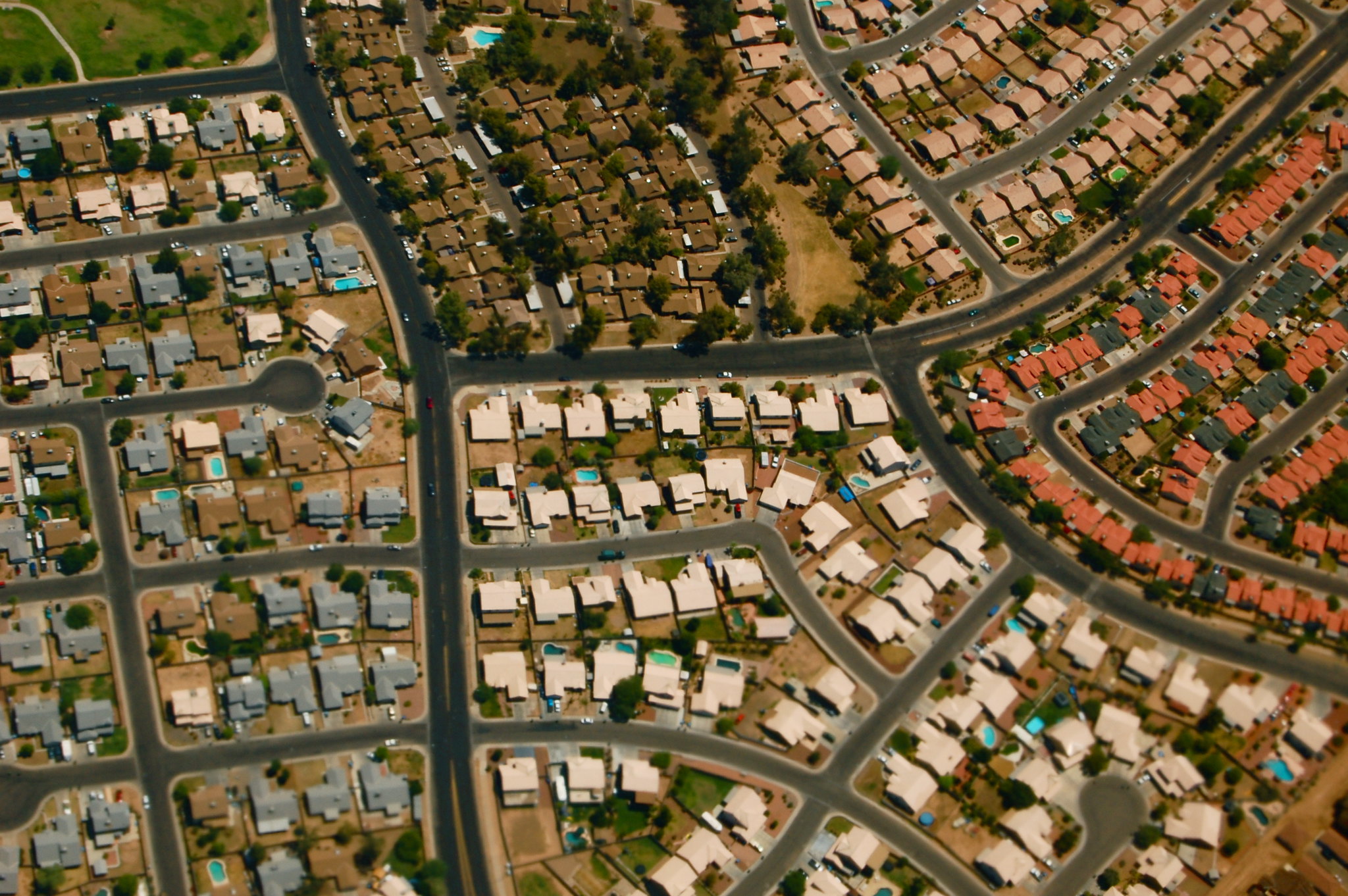Listen and subscribe to us on your favorite podcast platform:
[Katrina] was a wake-up call to the nation around what our priorities are, what it meant to protect, and frankly, that something in fact was changing with the climate.

Hurricane Katrina devastated the Gulf Coast from Florida to Louisiana in 2005 and is still the costliest disaster in U.S. history. New Orleans, a city resting below sea level, is uniquely dependent on engineering for its safety. On August 29th, nearly every defense seemed to fail, allowing storm surge to flood 80% of the city.
As terrible as the storm itself, arguably, were the human failures that contributed to what happened to New Orleans during and after Katrina—flaws in planning, infrastructure, governance, and social equity.
Yet change is possible. And in the intervening years, New Orleans has become known globally as a leader in preparedness, adaptation and recovery knowledge.
New Orleanians are weary of being praised for their resilience. In the past five years alone, the metro area has faced 17 federally declared national disasters—four times the national average. And the challenge of long-term adaptation can be especially overwhelming, especially at a time when consensus seems nearly impossible. But there is no substitute for New Orleans. Its people, environment, culture, and history add up to an inimitable home worth sustaining.
In this episode, longtime friend of Ten Across Jeff Hébert joins us to talk about the 20th anniversary of Hurricane Katrina—the recovery process and the lessons in it that continue to resonate for the future of all our communities. Today, Jeff is chief executive officer for HR&A Advisors. In the years after Katrina, as a New Orleans native and urban planner, he served as a director with the Louisiana Recovery Authority and as a senior official in Mayor Mitch Landrieu’s administration. He was also among the first chief resilience officers appointed under The Rockefeller Foundation’s 100 Resilient Cities program.
Ten Across founder Duke Reiter talks with Jeff about how his experiences with the long game of adaptation and recovery in New Orleans and beyond have shaped his perspective and his work.
Relevant articles and resources
“Trump’s former FEMA chief opens up — and says administration is ‘delaying’ aid” (Politico, August 2025)
“20 years after Katrina, New Orleans’ levees are sinking and short on money” (Grist, August 2025)
“Coastal communities restoring marshes, dunes, reefs to protect against rising seas and storm surges” (AP News, August 2025)
“Government to keep sharing key satellite data for hurricane forecasting despite planned cutoff” (AP News, July 2025)
“Forced to Move: An Analysis of Hurricane Katrina Movers” (U.S. Census Bureau, June 2011)
“Race, socioeconomic status, and return migration to New Orleans after Hurricane Katrina” (Population and Environment, December 2009)
Relevant Ten Across Conversations podcasts
Katrina’s 20th: Vann R. Newkirk II on What We Owe Climate Disaster Survivors Today
Governing Through Times of Crisis and Opportunity with Mayor Mitch Landrieu — Part One
Governing Through Times of Crisis and Opportunity with Mayor Mitch Landrieu — Part Two
Investing in New Orleans’ Future with GNOF CEO Andy Kopplin
Credits
Host: Duke Reiter
Producer and editor: Taylor Griffith
Music by: Jakob Ahlbom and Lennon Hutton
Research and support provided by: Kate Carefoot, Rae Ulrich, and Sabine Butler
Guest Speaker

Jeff Hébert is chief executive officer and partner at HR&A Advisors, an urban development consulting firm with offices across the U.S., whose mission is to ensure their clients succeed in creating equitable and resilient communities. Prior to joining HR&A, Jeff served as Mayor Mitch Landrieu and the City of New Orleans’ first deputy mayor, chief administrative officer, and chief resilience officer. He also served as executive director of the New Orleans Redevelopment Authority, Vice President of Adaptation and Resilience for The Water Institute, and director of community planning for the Louisiana Recovery Authority.




